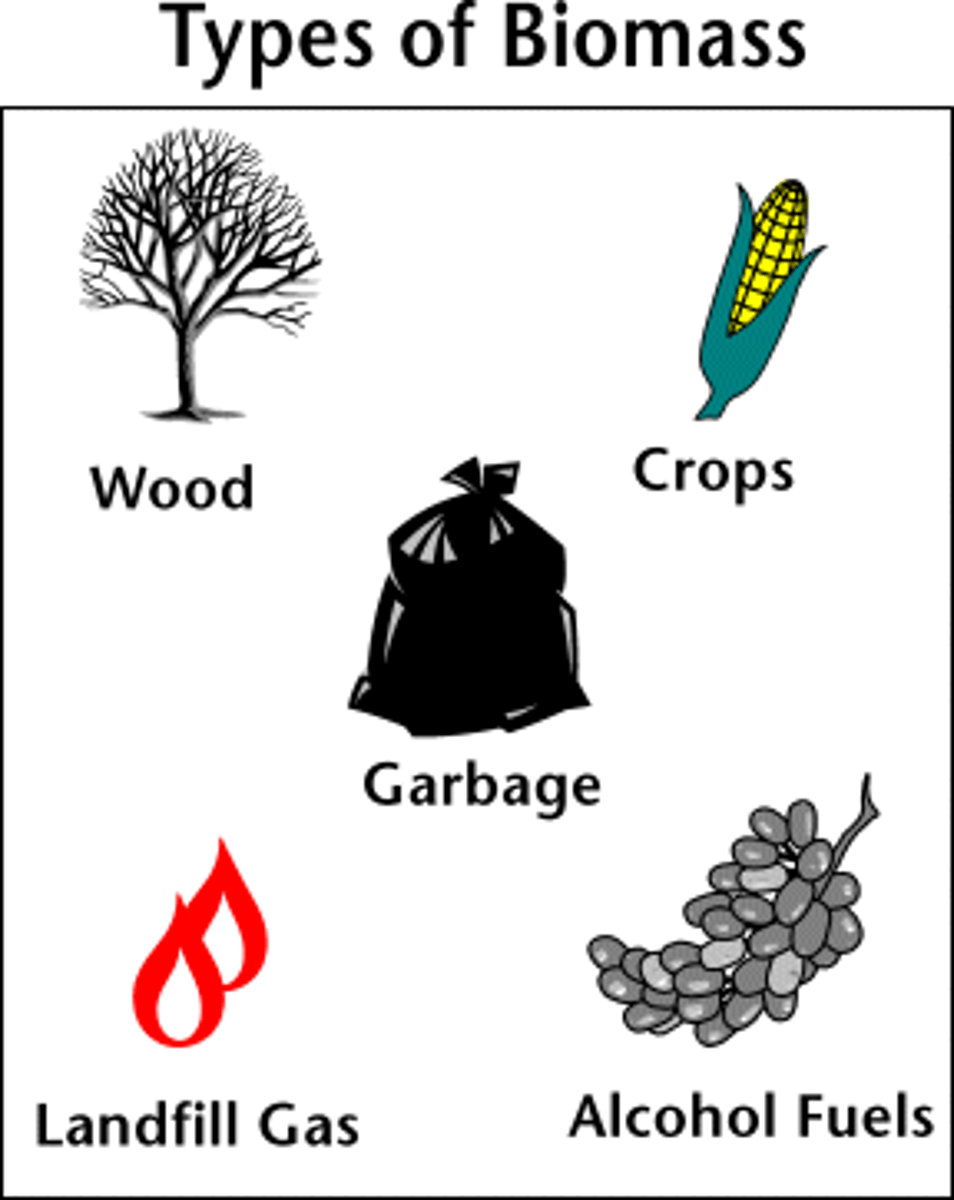Unit 6: (6.7) Biomass Fuels
1/9
There's no tags or description
Looks like no tags are added yet.
Name | Mastery | Learn | Test | Matching | Spaced | Call with Kai |
|---|
No analytics yet
Send a link to your students to track their progress
10 Terms
Biomass
Organic matter such as wood, charcoal, dried plant matter, and dried animal waste that can be combusted in the presence of oxygen to release heat. Primarily used in developing nations as a subsistence fuel

Carbon monixide
a gas that is given off from the combustion of biomass fuels; especially dangerous in poorly ventilated homes where it displaces oxygen in the blood and leads to death
Nitrogen oxides (NOx)
A gas released from the combustion of biomass. It contributes to smog, acid rain, and can be an eye and respiratory irritant (asthma, bronchitis, etc.)

Particulate matter (PM)
Small, solid particles given off from the combustion of biomass. They contribute to smog formation and are a respiratory irritant (causing asthma, bronchitis, etc.)
Volatile Ogrganic Compounds (VOCs)
Compounds released by the combustion of biomass. They contribute to smog formation and are a respiratory irritant (causing asthma, bronchitis, etc.)
Ethanol
An alcohol that can be created by fermenting the sugar in corn using yeast to drive the fermentation process. Releases no GHG at the point of combustion and is a potentially renewable liquid fuel replacement for gasoline.

Biodiesel
A diesel substitute produced by extracting and chemically altering oil from plants, often algae.

Cellulose
A substance (made of sugars) that is common in the cell walls of many organisms. The most abundant organic compound on earth and a potential option for replacing corn in the fermentation of ethanol for fuel.
Indoor air pollution
Combusting biomass indoors (as is often done in developing countries) is hazardous to human health: asthma, bronchitis, eye irritation, carbon monoxide poisoning)

Solutions to indoor air pollution
Cooking outdoors or installing ventilation systems like chimneys into homes